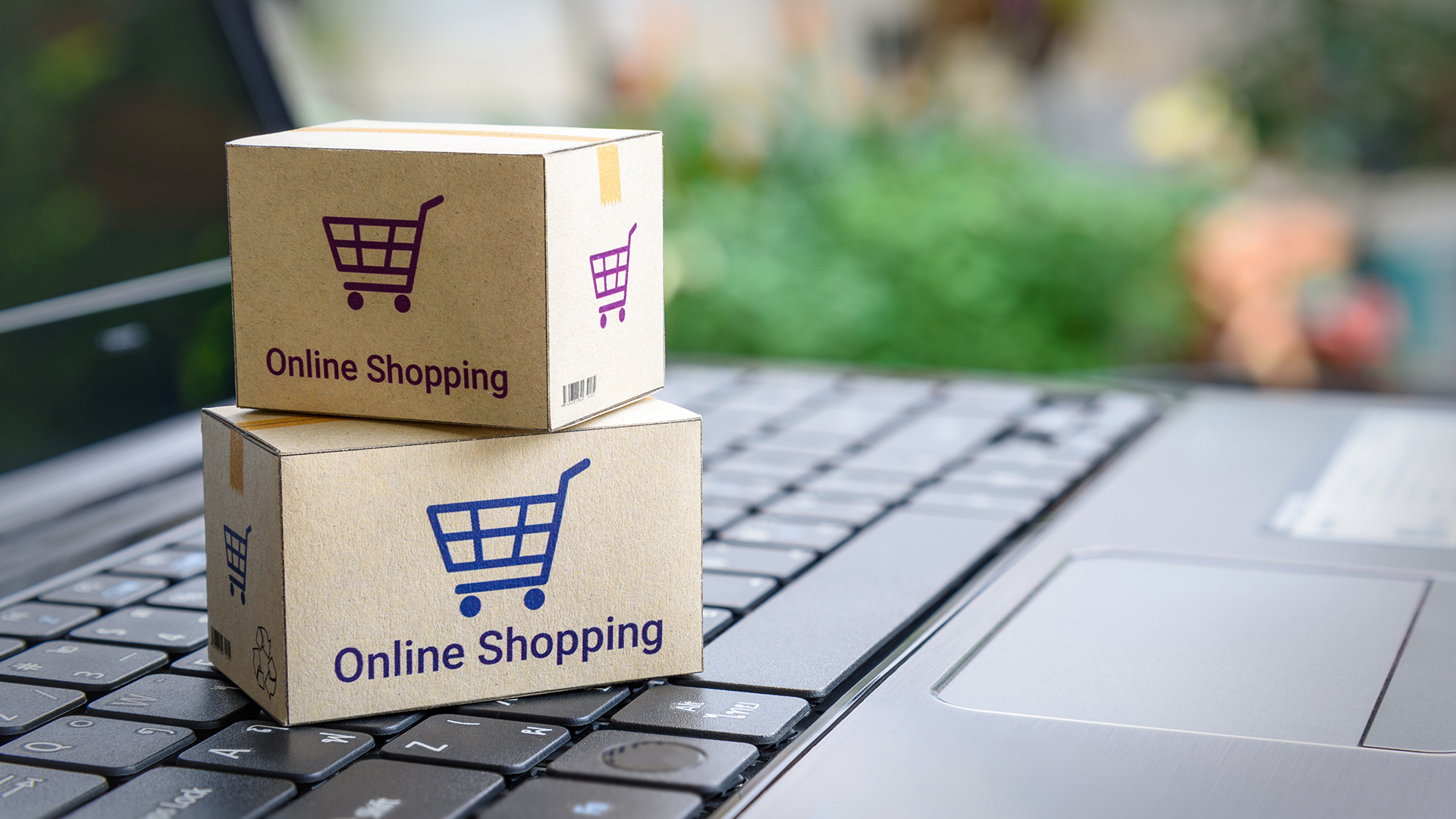How Advanced Analytics Can Improve Customer Satisfaction in Logistics
- 12 September 2024
- 8 min to read
- 378 views

In the logistics industry, customer satisfaction is paramount, and advanced analytics provides the tools necessary to enhance the customer experience. From optimizing delivery accuracy and speed to offering personalized services, real-time tracking, and proactive problem resolution, analytics helps logistics companies exceed customer expectations.
Today, we’ll explore how advanced analytics can significantly improve customer satisfaction in the logistics sector.
Enhanced Delivery Accuracy and Speed
One of the most critical factors affecting customer satisfaction in logistics is delivery accuracy and speed. Customers expect their packages to arrive on time and in good condition. Advanced analytics can analyze various data points, including traffic patterns, weather conditions, and vehicle performance, to optimize delivery routes and schedules. This helps ensure that deliveries are made as promised, reducing delays and improving overall reliability.
Predictive analytics also allows companies to anticipate potential delays and proactively notify customers, offering alternatives or updated delivery times. This level of transparency and communication not only prevents frustration but also builds trust with customers.
Real-Time Shipment Tracking and Visibility
Customers today expect full visibility into the status of their shipments. With advanced analytics, logistics companies can provide real-time tracking, allowing customers to monitor their packages at every stage of the delivery process. This transparency gives customers peace of mind, knowing exactly where their shipment is and when they can expect it.
Moreover, by integrating IoT (Internet of Things) sensors with analytics platforms, companies can provide even more detailed information, such as the condition of the package (temperature, humidity, etc.), which is particularly important for sensitive goods like pharmaceuticals or perishable items. This real-time insight empowers customers and enhances their overall experience.
Personalized Customer Experiences
Advanced analytics can also be leveraged to offer personalized services, catering to individual customer preferences. By analyzing past interactions, purchase history, and behavior patterns, logistics companies can provide tailored recommendations and services. For example, they can suggest the most convenient delivery time or location for repeat customers based on historical data, improving convenience and customer satisfaction.
Personalization extends beyond delivery. By understanding customer pain points and preferences, companies can offer customized solutions, such as flexible shipping options, priority services, or loyalty programs, which enhance the overall customer experience.
Proactive Problem Resolution
Inevitably, issues such as lost packages, delayed shipments, or damaged goods can arise. However, how a company responds to these challenges can significantly impact customer satisfaction. With advanced analytics, logistics companies can proactively identify potential issues before they escalate. For example, predictive models can detect patterns that indicate a potential for a shipment to be delayed or damaged and allow the company to intervene early.
By resolving issues before customers even become aware of them or by offering timely updates and resolutions, companies demonstrate a high level of customer care, which can turn a potentially negative experience into a positive one.
Improved Communication and Transparency
Effective communication is a cornerstone of customer satisfaction. Advanced analytics enables logistics companies to improve communication by providing accurate, data-driven updates to customers. Whether it’s sending real-time notifications about delivery status, changes in shipment schedules, or alerts about potential delays, timely and transparent communication helps manage customer expectations and reduce uncertainty.
Moreover, automated systems driven by analytics can ensure that customers receive regular updates without the need for manual intervention, freeing up resources and enhancing the efficiency of customer support teams.
Optimizing Customer Service Operations
Advanced analytics can also be applied to optimize customer service operations. By analyzing customer queries, feedback, and support interactions, companies can identify common issues and trends, allowing them to improve their customer service strategies. For instance, analytics can highlight frequent pain points, enabling logistics providers to streamline their operations to address these concerns more effectively.
Additionally, using machine learning algorithms, companies can predict future customer inquiries and prepare responses in advance, speeding up response times and improving the quality of support provided. This proactive approach leads to faster resolutions and higher levels of customer satisfaction.
Building Long-Term Customer Loyalty
When logistics companies consistently meet or exceed customer expectations, they are more likely to build long-term relationships and customer loyalty. Advanced analytics enables companies to deliver personalized, timely, and transparent services, all of which contribute to a positive customer experience. Satisfied customers are more likely to return, refer the company to others, and remain loyal over the long term.
By leveraging advanced analytics to understand customer preferences, optimize service delivery, and proactively address potential issues, logistics companies can foster strong relationships with their clients, leading to sustained business growth.
Let's Sum Up
By embracing advanced analytics, logistics companies can not only improve customer satisfaction but also build a loyal customer base, setting themselves apart in a highly competitive market. In a world where customer experience is a key driver of success, investing in advanced analytics is not just a strategic advantage but a necessity.
Read more interesting material in our blog.




